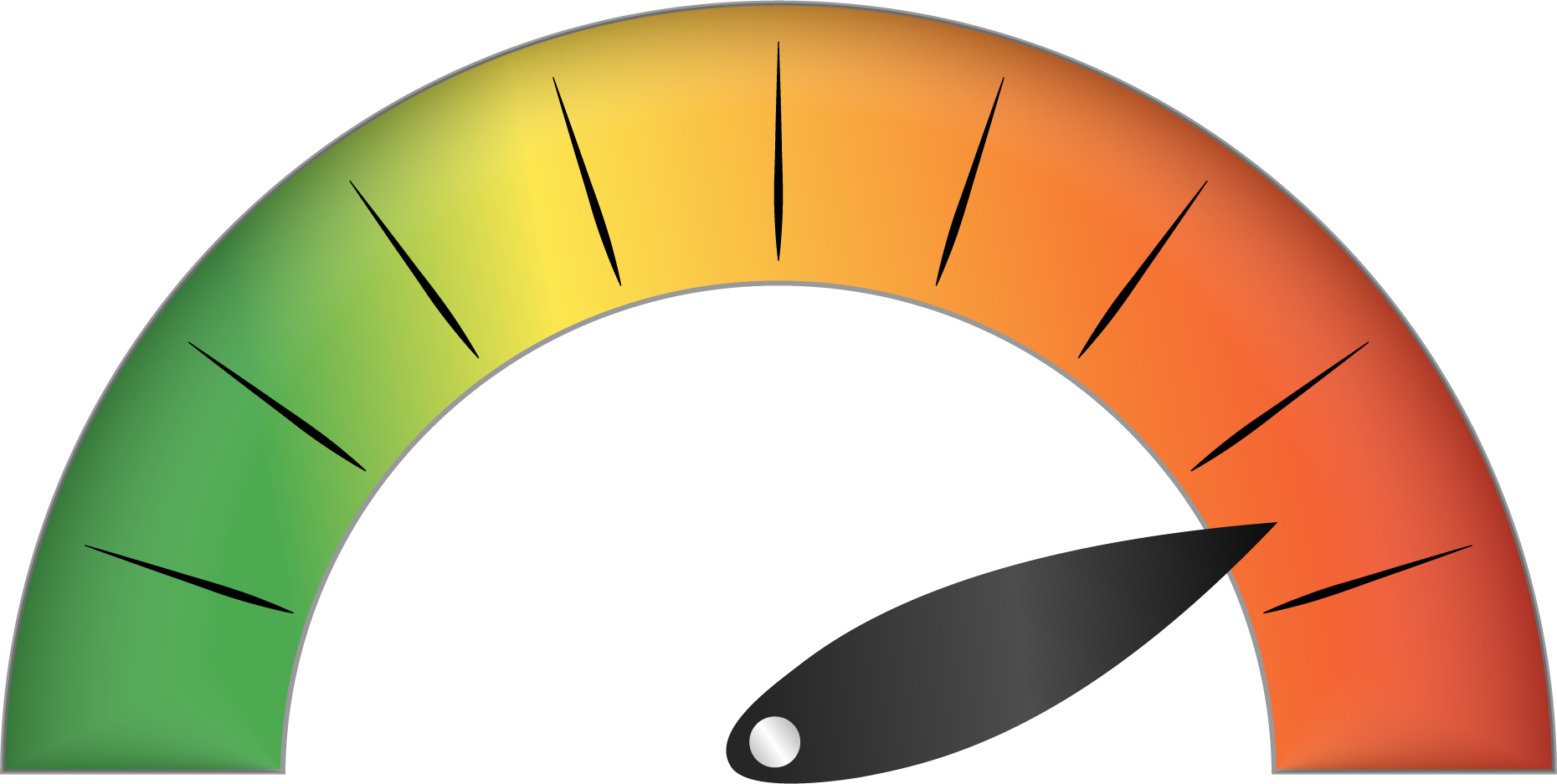Welcome To Your Enneagram Mood Check-In ✨

Your current state is:
unhealthy
Where Are You Right Now Enneagram 2?
In challenging times, you may overextend yourself, feeling unappreciated or resentful. This mirrors a shift toward Type 8 energy, where you might feel defensive or controlling. Use this moment to step back, reconnect with your needs, and remember your intrinsic worth.
How This Shows Up: Signs You’re Here
You might feel unappreciated or overlooked, leading you to overextend yourself in search of validation. Giving becomes a means of gaining approval, leaving you exhausted or resentful. You may struggle to recognize or voice your own needs, creating an emotional imbalance in relationships.
I become manipulative, entitled, emotionally consumed
How This Feels: Emotional Indicators
You may feel emotionally drained or underappreciated, like you’re pouring from an empty cup. You could find yourself hurt if a loved one forgets to thank you or doesn’t reciprocate. For example, you might cook dinner for everyone but stew in silence, hoping someone notices you’re overwhelmed. It feels like you’re giving, but no one truly sees you.
WHAT’S FUELING THIS:
Common Triggers or Mindsets
-
You feel unworthy unless you’re constantly helping others.
-
You’re triggered by feeling unappreciated or ignored.
-
You avoid addressing your own needs out of fear of rejection.
FINDING YOUR BALANCE
-
Before saying yes, pause and ask, “Do I really have the energy for this?”
-
Write down one thing you need help with and ask someone you trust for support.
-
Treat yourself like you’d treat your best friend—show yourself kindness today.

Remember: This Is Temporary
This is just a moment in time. It’s okay to feel out of balance, but remind yourself that this isn’t permanent. With self-care and a focus on your own needs, you can shift into a healthier place. Use the steps above as your guide—they’re here to help you feel grounded and whole again.

Celebrate Your Growth:
Feeling unappreciated or drained can be heavy, but you don’t have to navigate it alone. Reach out to someone who knows and values you for who you are—not just for what you do for them. Sharing how you feel can bring clarity and lighten the load. Whether it’s a trusted friend, family member, or coach, let others pour into you for a change. This state is temporary, and support can help you realign with your strengths.
New to the Enneagram Levels of Development? Start Here!
LEVELS OF DEVELOPMENT
Each type is divided into 9 levels of Psychological Health, 1= highest & 9=lowest. These are grouped into Healthy, Average & Unhealthy. At each level, we employ different strategies to reinforce our identity
Core Traits of Enneagram 2 at each Level
HEALTHY
1
Unconditionally loving, altruistic, humble, joyous, charitable.
2
Caring, empathetic, nurturing, warm, supportive.
3
Generous, people-pleasing, encouraging, compassionate, helpful.
AVERAGE
4
Overly accommodating, dependent, prideful, eager-to-please, manipulative.
5
Intrusive, possessive, flattering, self-neglectful, clinging.
6
Martyr-like, overbearing, attention-seeking, indirect, guilt-inducing.
UNHEALTHY
7
Codependent, self-serving, resentful, controlling, demanding.
8
Manipulative, domineering, emotionally exploitative, jealous, insincere.
9
Obsessive, cruel, emotionally coercive, desperate, vengeful.
Enneagram Levels of Development: Healthy, Average, and Unhealthy
HEALTHY RANGE:
In the healthy range, you’re not overly tied to your self-image or identity. You feel free to explore and express yourself in authentic and dynamic ways. By letting go of rigid definitions of who you are, you naturally align with your values and act in ways that reflect your true self, effortlessly reinforcing your sense of purpose and wholeness.
-
Level 1 – Liberation (Ego transcended-balance and freedom)
-
Level 2 – Psychological Capacity (Ego is identified as an ideal-self)
-
Level 3 – Social Value (Ego operating in a constructive way)
AVERAGE RANGE:
In this range, some imbalance starts to show, and your focus narrows. You may become more preoccupied with your identity and how others perceive you. To maintain this image, you might rely on social roles, subtle manipulation, or trying to control situations, all in an effort to reinforce your sense of self.
-
Level 4 – Imbalance (Ego-role assumed, defences increased)
-
Level 5 – Interpersonal Control (Manipulative & Defended)
-
Level 6 – Overcompensation (Ego inflation, conflicts with others)
UNHEALTHY RANGE:
In the unhealthy range, your focus on your identity becomes so intense that it distorts your perception of reality. You may see yourself in a way that feels completely disconnected from how others experience you, creating a sense of isolation or misunderstanding.
-
Level 7 – Violation (Survival tactic, neurotic)
-
Level 8 – Delusion and Compulsion (Major personality disorder)
-
Level 9 – Pathological Destructiveness (Psychosis, breakdown).
UNHEALTHY RANGE
AND ITS LEVELS
7. Level of Violation: SELF-DECEPTIVE MANIPULATOR
At this level, Type 2s abandon their image as “The Special Friend” and turn to manipulation to maintain control. Desperate to justify their actions, they belittle, guilt, and undermine others while denying any selfish intent. Clingy and dependent, they demand recognition for their sacrifices, using emotional tactics to keep others indebted. Prone to self-destructive behaviors, they justify their harm as love—wounding others, then offering comfort to remain indispensable.
8. Level of Delusion & Compulsion: COERCIVE DOMINATOR
At this level, Type 2s become desperate for love and validation, resorting to control and coercion to get their needs met. Fearing they are truly selfish and unworthy, they justify taking what they believe is owed—whether through guilt, manipulation, or force. Boundaries disappear as they become possessive and obsessive, demanding affection, favors, or loyalty in unhealthy ways. No amount of love feels like enough, leaving them heartbroken and insatiable.
9. Level of Pathological Destructiveness: PSYCHOSOMATIC VICTIM
At this level, Type 2s spiral into deep bitterness, convinced they are unloved and unwanted. Consumed by emotional pain, they internalize their resentment, manifesting chronic health issues or self-destructive behaviors to gain sympathy and vindicate their suffering. Feeling victimized by everyone, they justify their actions without remorse, burdening others with their despair while excusing their manipulations as the inevitable result of being unappreciated and mistreated.